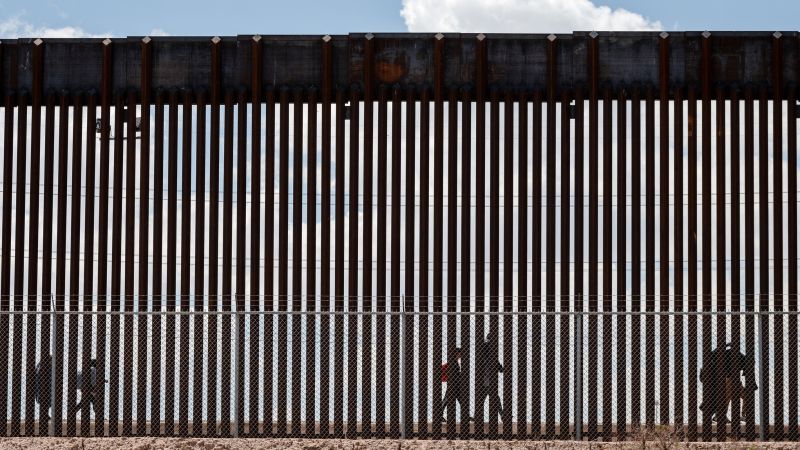An attorney defending Texas’ SB4 immigration law admitted that state legislators may have gone too far in passing the controversial law, which makes entering Texas illegally a state crime and allows judges to order immigrants to be deported. The Texas Solicitor General argued before the 5th US Circuit Court of Appeals, stating that lawmakers intended to push the limits of what Supreme Court precedent allows states to do, but acknowledged that Texas may have crossed the line. The appeals court has paused the law from going into effect while further examining it, with arguments focusing on whether the law interferes with federal authority on immigration.
The Texas Attorney General’s office interprets the law that migrants subject to state court deportation orders would be handed over to federal immigration authorities at border ports, where officials would determine whether to release them back into the United States pending further proceedings. Chief Circuit Judge Priscilla Richman, a conservative judge who was skeptical of attempts to limit the law’s scope, asked what the statute had achieved. The Justice Department, which brought one of the lawsuits challenging SB4, urged the appeals court not to depart from its previous ruling blocking the law.
The attorney defending Texas’ controversial immigration law, SB4, suggested that state legislators may have pushed the boundaries too far in passing the statute. This law criminalizes entering Texas illegally and grants state judges the authority to order deportations of immigrants. The Texas Solicitor General argued before the 5th US Circuit Court of Appeals that lawmakers sought to test the limits of what Supreme Court precedent allows states to do but admitted that Texas may have gone too far. The appeals court has paused the law from taking effect while further examining its implications and whether it interferes with federal immigration authority.
The Texas Attorney General’s office interpretation of SB4 involves turning over migrants subject to state court deportation orders to federal immigration authorities at border ports. These officials would then determine whether to release them back into the United States pending further proceedings. Chief Circuit Judge Priscilla Richman, a conservative judge and the key swing vote in the panel decision to temporarily halt the law, expressed skepticism about attempts to limit the law’s scope and questioned its accomplishments. The Justice Department, which challenged SB4 in one of the lawsuits, urged the appeals court not to deviate from the previous ruling blocking the law.
The attorney defending Texas’ SB4 immigration law acknowledged that the state may have gone too far in passing the statute that criminalizes illegal entry into Texas and allows state judges to order deportations. The Texas Solicitor General argued before the 5th US Circuit Court of Appeals that lawmakers intended to test the limits of what states can do in immigration matters, but the court has paused the law to further scrutinize its implications. The appeals court is considering whether SB4 interferes with federal immigration authority and the impact of deporting migrants through state court orders to federal authorities at border ports.
The Texas Attorney General’s office interpretation of SB4 involves handing over migrants subject to state court deportation orders to federal immigration authorities at border ports for further determination on release into the United States. Chief Circuit Judge Priscilla Richman, who displayed skepticism about limiting the law’s scope, questioned its effectiveness. The Justice Department, a party challenging SB4 in the lawsuit, urged the appeals court to uphold the previous ruling blocking the law. This ongoing legal battle over SB4 reveals the complex interplay between state and federal immigration enforcement policies and highlights the contentious nature of immigration law in the United States.


